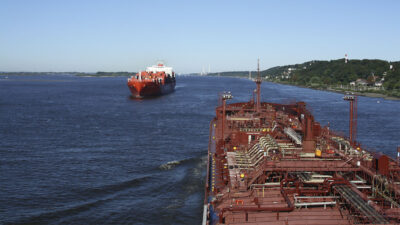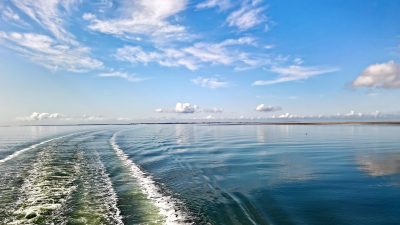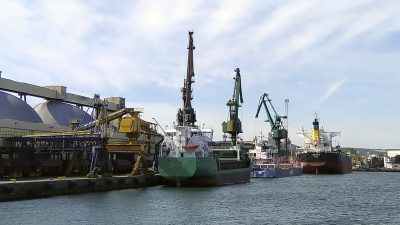CargoRes – Sustainable handling of cargo residues
Marine traffic and ports generate cargo residue, which remains on deck or in holds following loading or unloading. Cargo residue may contain nutrients or materials which are harmful to the marine environment. The CargoRes project is developing efficient and sustainable methods for processing cargo residue.
Financing
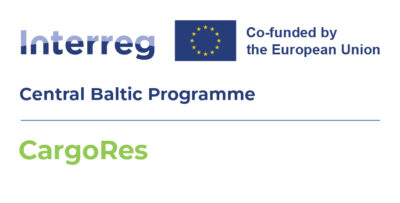
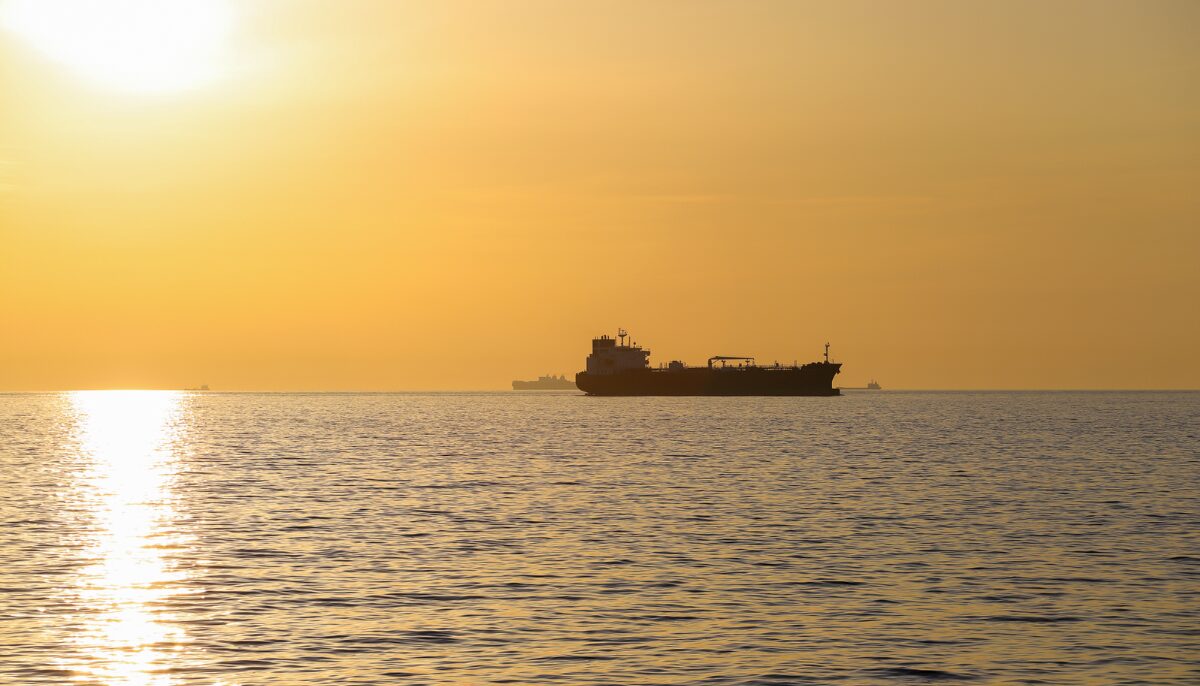
More information:

Eeva Tähtikarhu
Head of programme, Clean maritime transport eeva.tahtikarhu@jnfoundation.fi +358 50 314 2102Marine traffic and ports generate cargo residue, which remains on deck or in holds following loading or unloading. Cargo residue may contain nutrients or materials which are harmful to the marine environment, such as heavy metals.
Cargo residue can be washed into the sea along with washwater, as washwater may be discharged into the sea under certain circumstances and is not classed as harmful to the marine environment. Cargo residue may also be discharged into the sea directly in connection with loading and unloading, or indirectly at docks, such as with stormwater.
We are reducing the amount of cargo residue that is discharged into the sea
The CargoRes project investigates, develops, and pilots concrete methods of improving load handling and the management of cargo residue in close collaboration with ports, port operators, and shipping companies. Our aim is to reduce the amount of cargo residue that is indirectly discharged into the sea along with hold washwater and stormwater and directly discharged during loading and unloading at docks and loading areas.
The project will investigate how much strain on the Baltic Sea is caused by hold washwater, and improve stormwater handling in ports by implementing stormwater filters.
We collaborate with the ports of HaminaKotka, Riga and Tallinn, and with three shipping companies.
Through the procedures, our project aims at long-term influence on both sustainable business development and on slowing eutrophication in the Baltic Sea.
Together with the collaborating parties, we collect and widely share information about good practices and strive to increase marine actors’ awareness of the significance of cargo waste and residue management in shipping and in the conservation of the Baltic Sea marine environment.
The project is funded by the EU’s Interreg Central Baltic programme and is classed under the programme’s fourth programme objective, PO4, Improved Coastal and Marine Environment.
